
Looking for puzzle games you can enjoy in short bursts? These options are perfect if you don’t have hours to dedicate to gaming. They’re designed with busy people in mind, offering quick levels, frequent save points, and clear goals. You can easily pick up and put down these games without losing your progress. Plus, many include helpful hints, adjustable difficulty, and the freedom to switch puzzles when you get stuck. Here’s a selection of time-friendly puzzle games – from platformers to brain teasers – that make the most of your free moments.
‘Portal’ (2007)

Portal, created and published by Valve, cleverly uses a special portal gun to help players develop their problem-solving skills within small, contained test areas. The levels are short and easy to pick up and play, with automatic saving and frequent checkpoints that prevent you from having to repeat sections unnecessarily. The game gradually introduces new ideas, building on what you’ve already learned in bite-sized lessons. If you want, you can also unlock a timed challenge mode or listen to developer commentary, but the main puzzles can be enjoyed at your own speed.
‘Portal 2’ (2011)
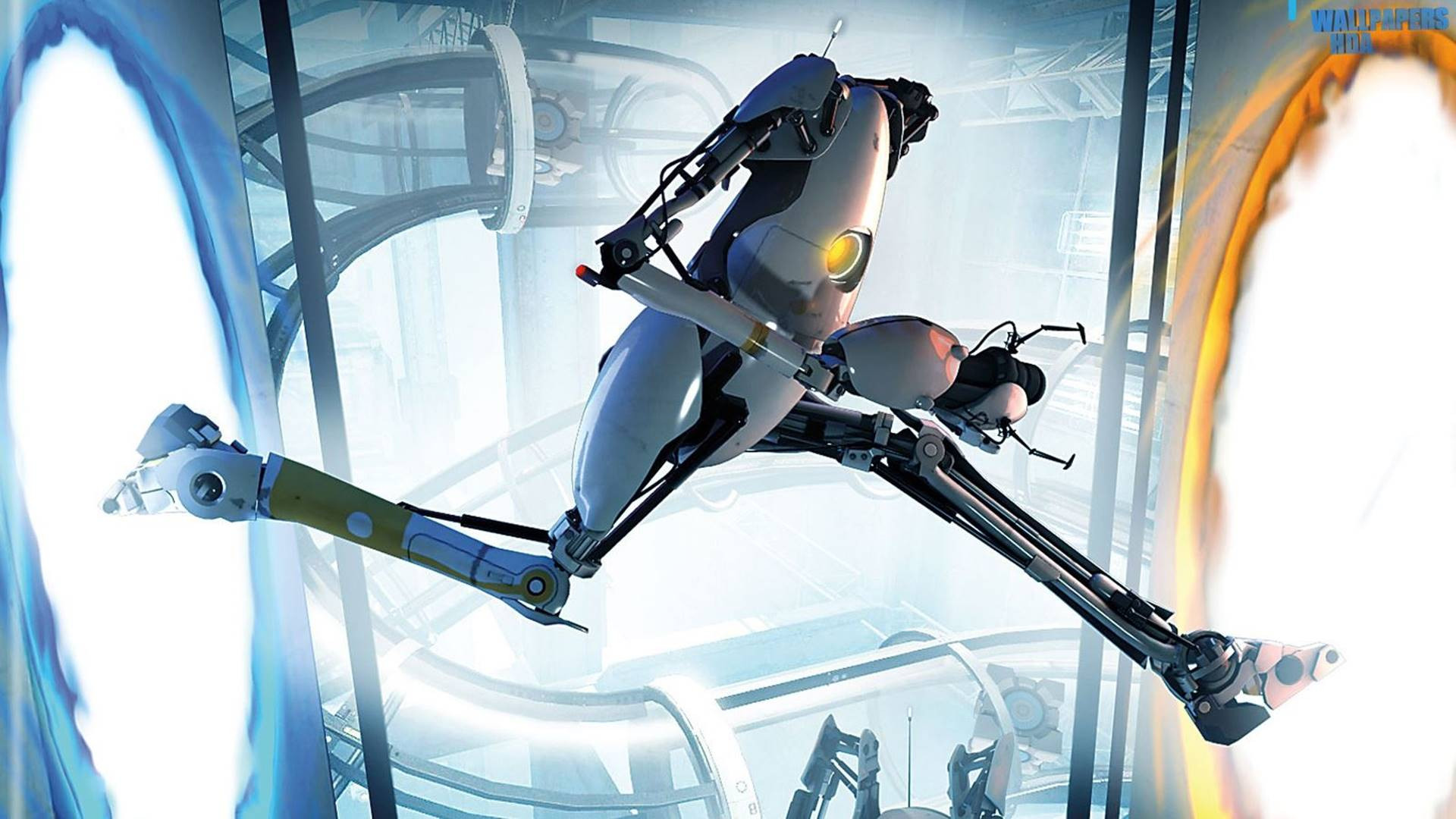
Valve’s ‘Portal 2’ builds on the original’s portal gameplay by adding new elements like gels, light bridges, and funnels, all within compact puzzle chambers. The game automatically saves frequently and is divided into sections, making it easy to take breaks. It also features a separate co-op campaign with levels designed for quick play sessions. Plus, you can easily revisit specific puzzles or chapters without having to play through the whole game again.
‘Baba Is You’ (2019)
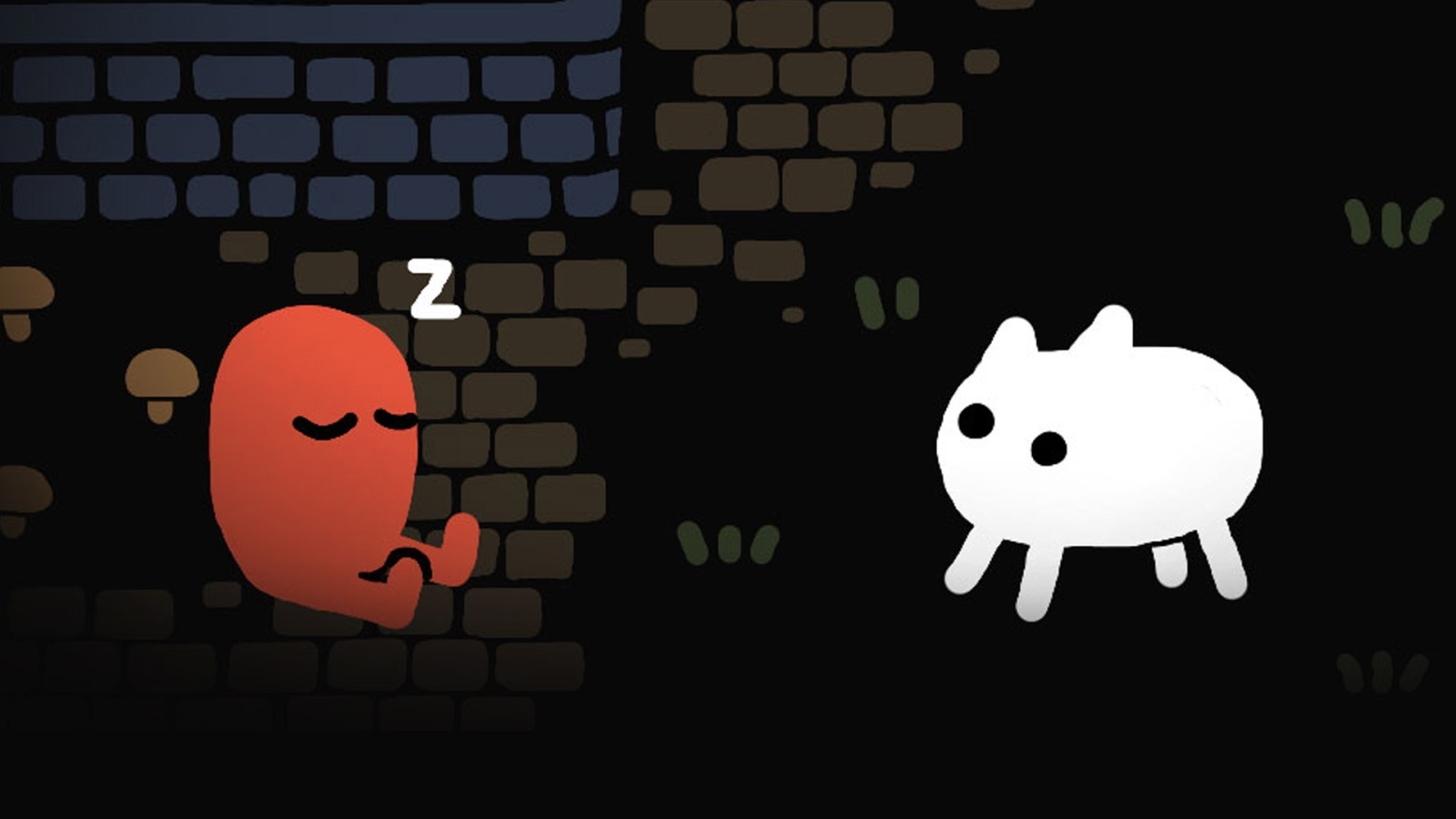
‘Baba Is You’, created by Hempuli, is a unique puzzle game where the rules themselves are blocks you can move and rearrange to alter how the game works. Each puzzle takes place on a single screen, automatically saves your progress, and lets you undo any number of moves without penalty. You’re free to explore the game’s world in any order, meaning you can switch to a different set of levels if you get stuck. The game also includes optional challenges that are clearly labeled, so you can focus on the main puzzles if you prefer.
‘The Witness’ (2016)
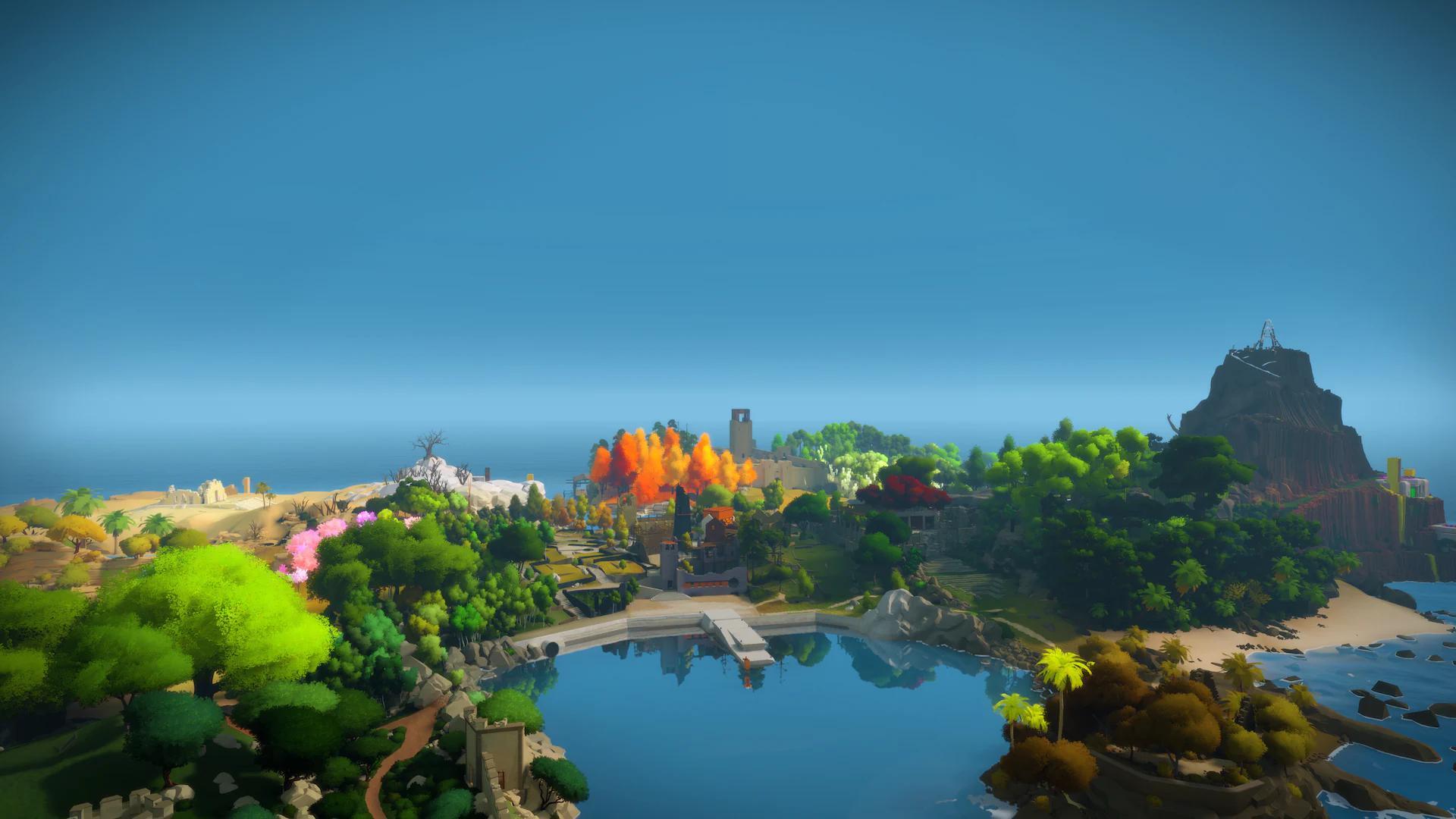
‘The Witness’, created and released by Thekla, Inc., features hundreds of puzzles made up of line drawings, grouped by type and location. These puzzles are broken down into small, easy-to-learn sections, and you’re free to move between areas without losing your progress. The game teaches you the rules through visual clues in the environment, so you won’t have to wade through lengthy instructions. Plus, the game automatically saves and lets you travel quickly around the island, making even short play sessions feel worthwhile.
‘Return of the Obra Dinn’ (2018)

Return of the Obra Dinn, created by Lucas Pope (3909 LLC), lets you solve the mystery piece by piece, figuring out each person’s fate individually. The game’s notebook highlights your progress as you identify groups of three correct answers, making it easy to pick up and play in short bursts. You can quickly access any memory you’ve already found on the map, avoiding unnecessary travel. Plus, the game keeps track of all the clues you’ve uncovered, so you can take breaks and return later without losing your place.
‘Gorogoa’ (2017)

Gorogoa, created by Jason Roberts (Buried Signal) and published by Annapurna Interactive, is a unique puzzle game. You solve challenges by manipulating beautiful illustrations within a four-panel grid – sliding, zooming, and connecting them to progress. The game automatically saves your progress, so you can easily pick up where you left off. It’s designed to be forgiving – there are no wrong moves or need to start over – and chapters flow smoothly, letting you work at your own pace.
‘Monument Valley’ (2014)

Monument Valley, created by ustwo games, features beautiful, impossible structures inspired by the artist Escher. The game is broken down into short puzzles that are easy to pick up and play. You use simple touch controls on each screen, and your progress is saved automatically after every level. Extra content like additional chapters is available, but doesn’t interrupt the main game. The game also subtly hints at how to solve puzzles, so you won’t spend too much time figuring out what to do.
‘Patrick’s Parabox’ (2022)
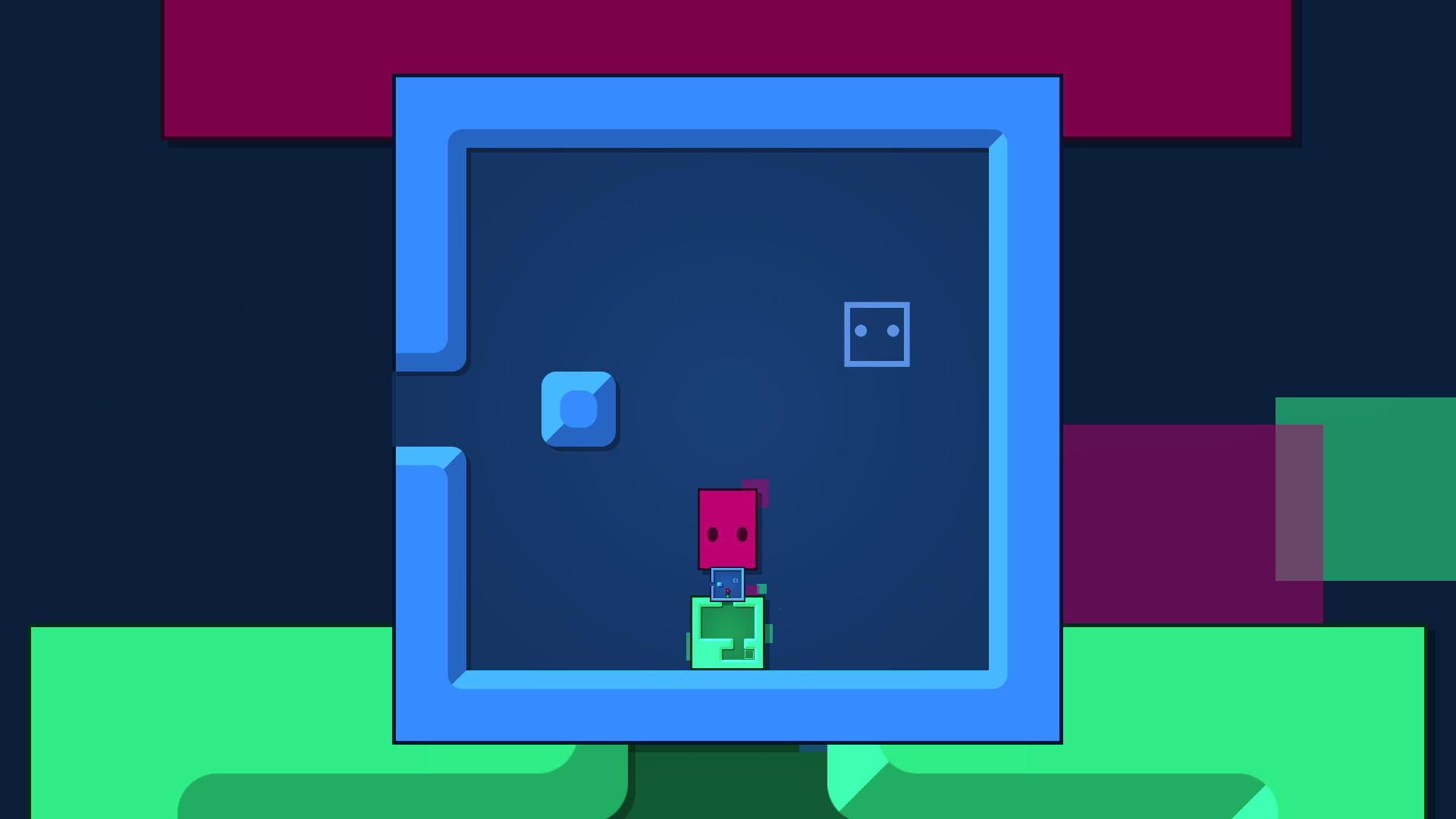
Patrick Traynor’s game, ‘Patrick’s Parabox,’ features puzzles built around boxes within boxes. You push blocks around, and levels actually fit inside those blocks! The levels are small and designed for fast-paced learning, with instant resets and undo options. A branching world map lets you skip difficult puzzles and come back to them later. New game mechanics are clearly introduced, making it easy to pick up and play in short sessions while gradually mastering the rules.
‘Opus Magnum’ (2017)
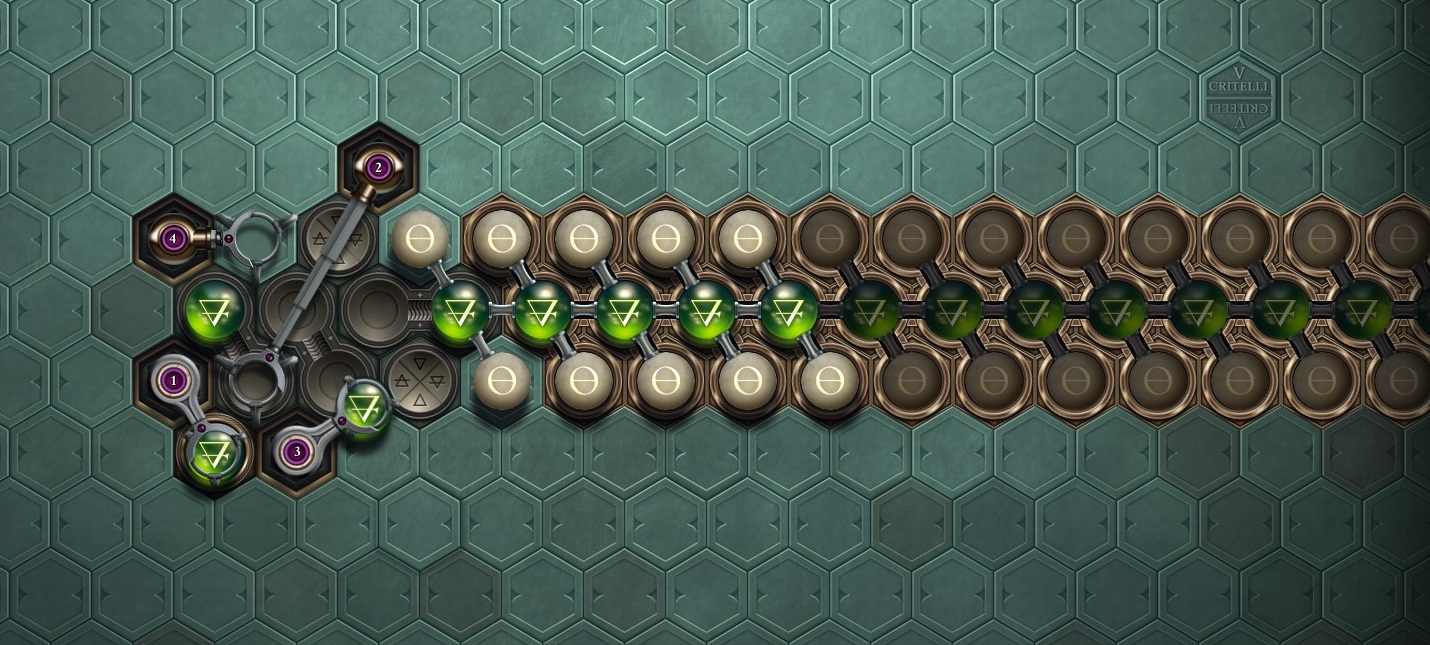
In ‘Opus Magnum,’ created by Zachtronics, you design and build alchemical machines on a flexible, hexagonal grid. Each puzzle is self-contained and automatically saves your progress, letting you easily experiment with unlimited undos and quick testing. You can solve puzzles as long as they function, and you don’t have to worry about optimizing for efficiency if you prefer to keep moving forward. The game also includes a tool to create GIFs of your designs and a browser to explore different puzzles, making it easy to share and pause your work.
‘Hexcells’ (2014)
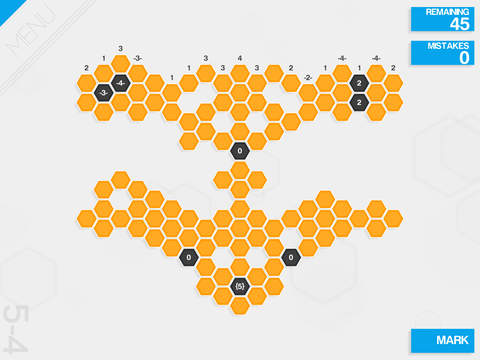
Hexcells, created by Matthew Brown Games, is a puzzle game that combines the logic of Minesweeper with simple number-based clues. Each puzzle is carefully designed to be quick to solve, and you can start over instantly without penalty, letting you play at your own pace. The game is forgiving, allowing plenty of mistakes, and later versions even offer helpful hints to make things easier. As you solve puzzles, you unlock new challenges, so you can play for as long or as short a time as you like.
‘Mini Metro’ (2015)
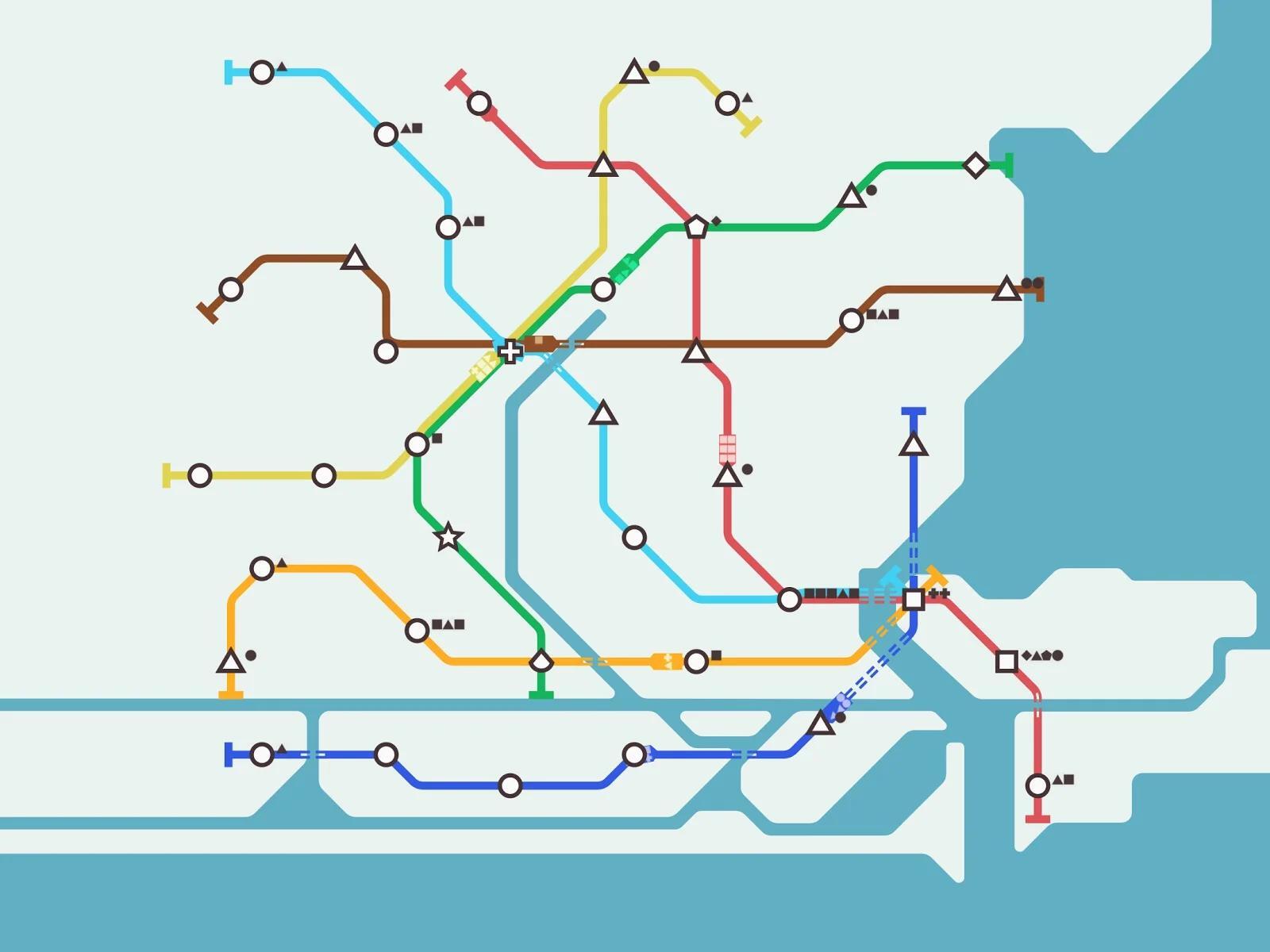
In the game ‘Mini Metro’, developed by Dinosaur Polo Club, you design subway routes to keep people moving. Each game lasts just a few minutes, and you can choose how long you play with different modes like Endless and Creative. It’s easy to control, and each city keeps track of your high scores and unlocks separately. Plus, daily challenges and city-specific goals give you short, fun objectives to complete.
‘FEZ’ (2012)
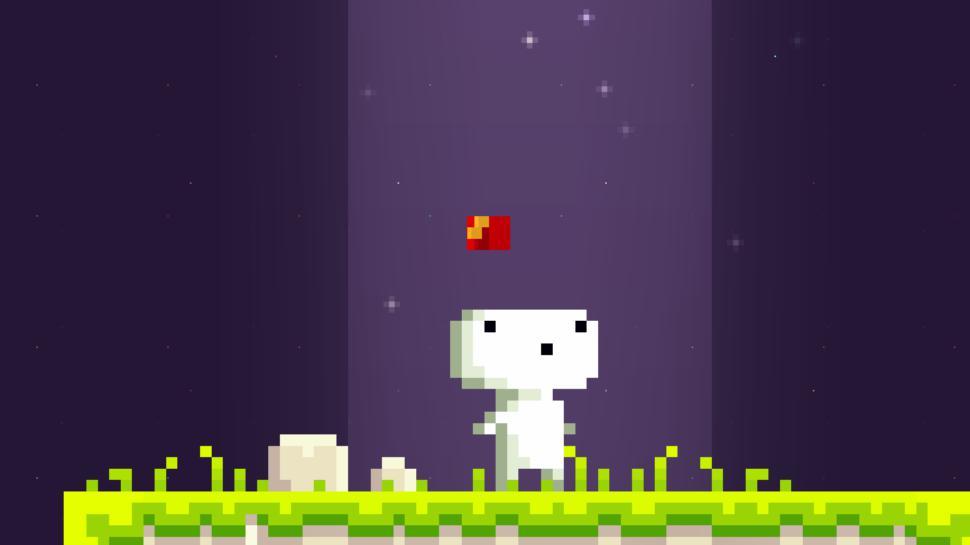
FEZ, created by Polytron Corporation, is a unique game where you solve puzzles by rotating a 2D world. Turning the world reveals new paths and hidden codes. The game remembers where you’ve been, letting you explore and revisit areas easily. A map helps you keep track of collected items and completed rooms, so you don’t have to retrace your steps. There are also optional puzzles involving codes and artifacts that you can solve at your leisure.
‘Inside’ (2016)
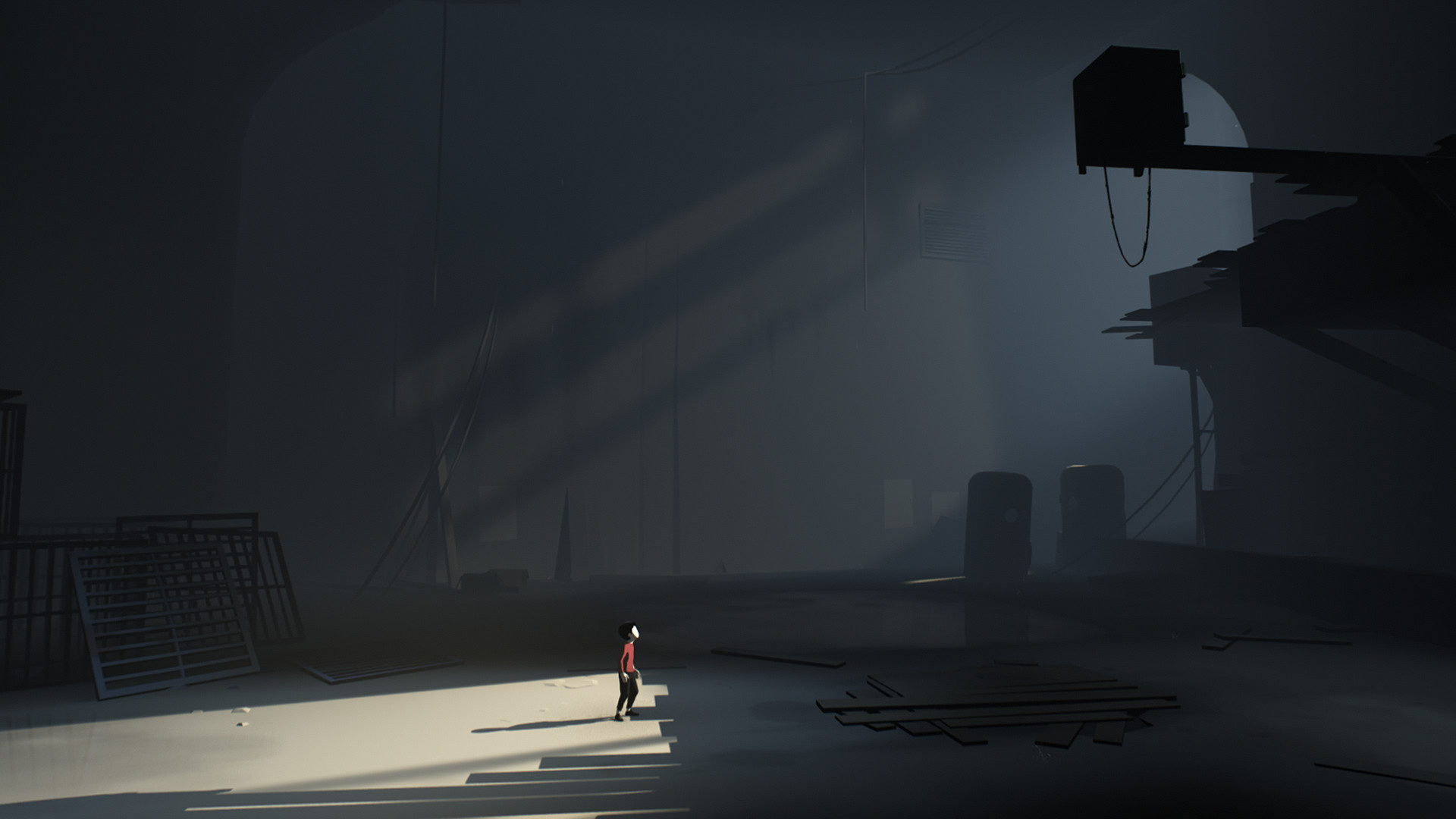
Playdead’s ‘Inside’ is a side-scrolling puzzle game broken down into short, self-contained challenges with frequent save points. Each puzzle focuses on a single new idea before moving on, so they don’t become too complicated. When you fail, you quickly restart near where you were, keeping the game flowing. The straightforward path and chapter selection make it easy to pick up and play in short bursts without losing your progress.
‘Limbo’ (2010)
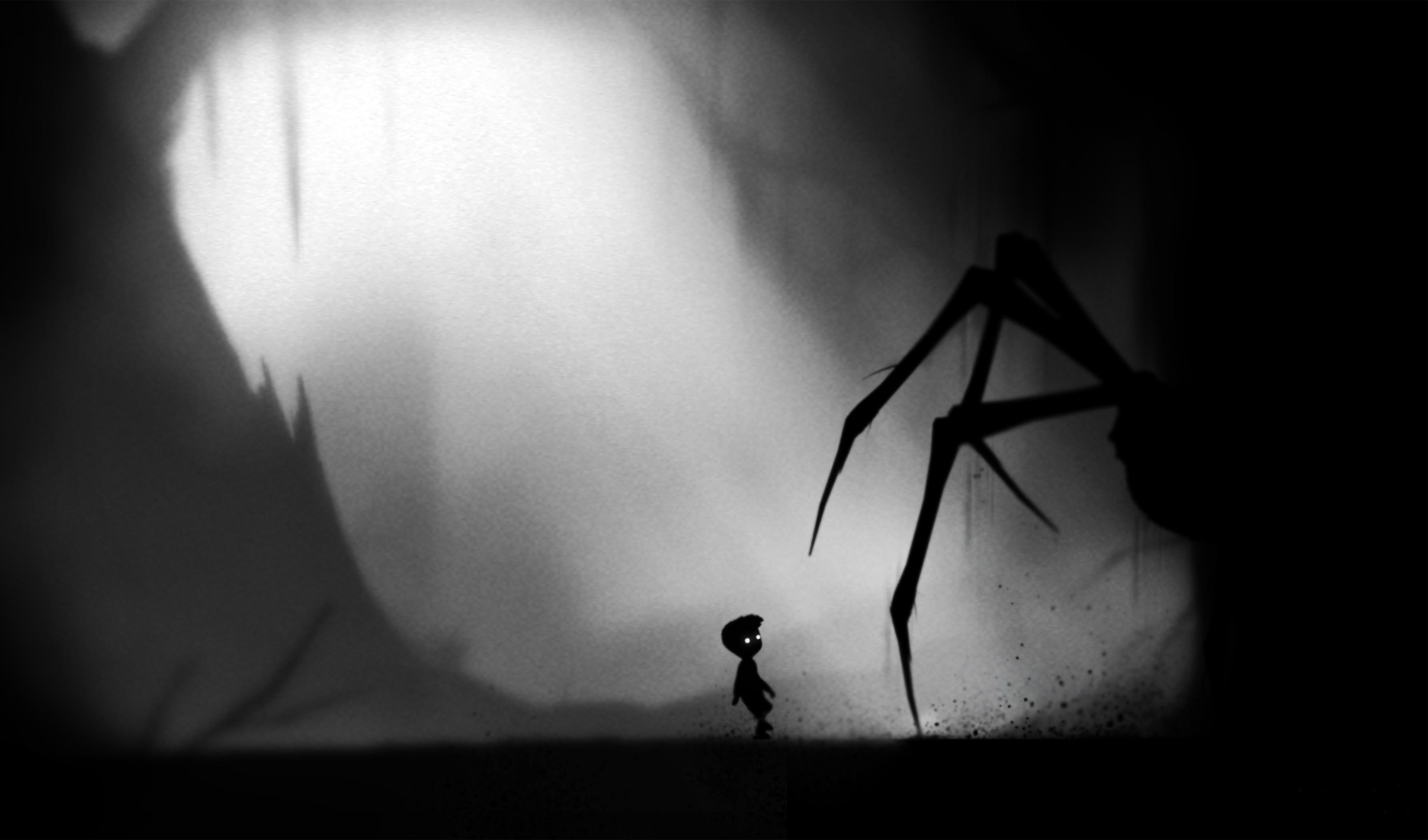
Limbo, created by Playdead, presents clever puzzles built around physics and logic, all within small, self-contained areas. The game is designed to be forgiving, with a simple interface and frequent checkpoints that make it easy to try again after failing. Puzzles usually focus on just a couple of ideas at a time, so you won’t spend too long retracing your steps. You can also choose specific chapters to replay or start fresh from any checkpoint.
‘The Talos Principle’ (2014)

‘The Talos Principle’, developed by Croteam and published by Devolver Digital, is a puzzle game featuring interconnected temples. Players solve puzzles using tools like jammers, connectors, and recorders. Each puzzle takes place in a separate area, and your progress is automatically saved as you collect sigils and stars. The game’s design allows you to freely move between unlocked puzzles, and you can choose to skip optional story elements to focus solely on the challenges.
‘Superliminal’ (2019)
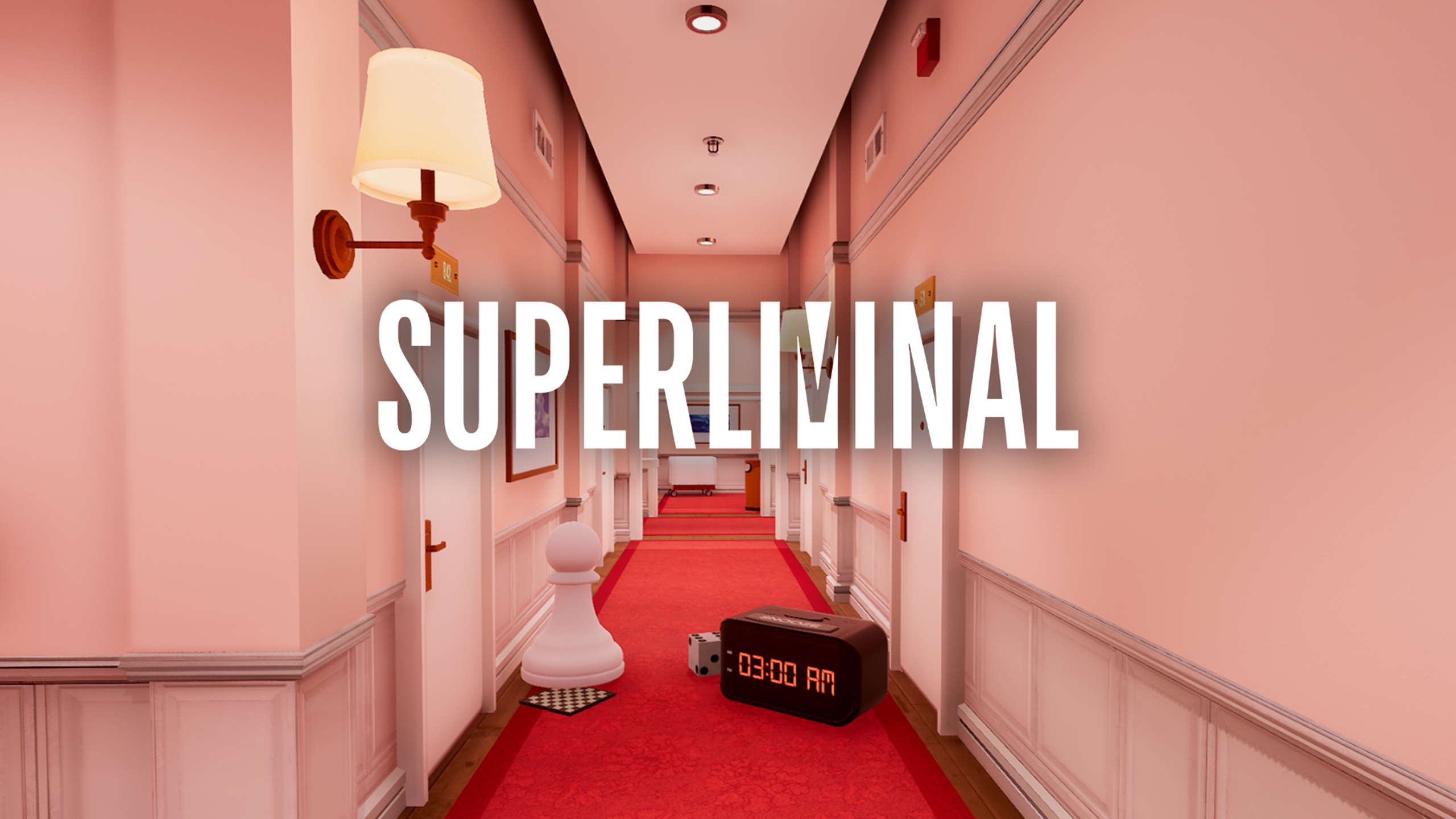
Superliminal, created by Pillow Castle, is a puzzle game where you change the size of objects by using perspective. You solve puzzles room by room, and the game automatically saves after each one. It’s easy to experiment because you can quickly reset objects and most puzzles don’t take long to figure out. As you play, you’ll unlock a chapter select feature, letting you replay specific parts or stop whenever you want.
‘Lara Croft GO’ (2015)
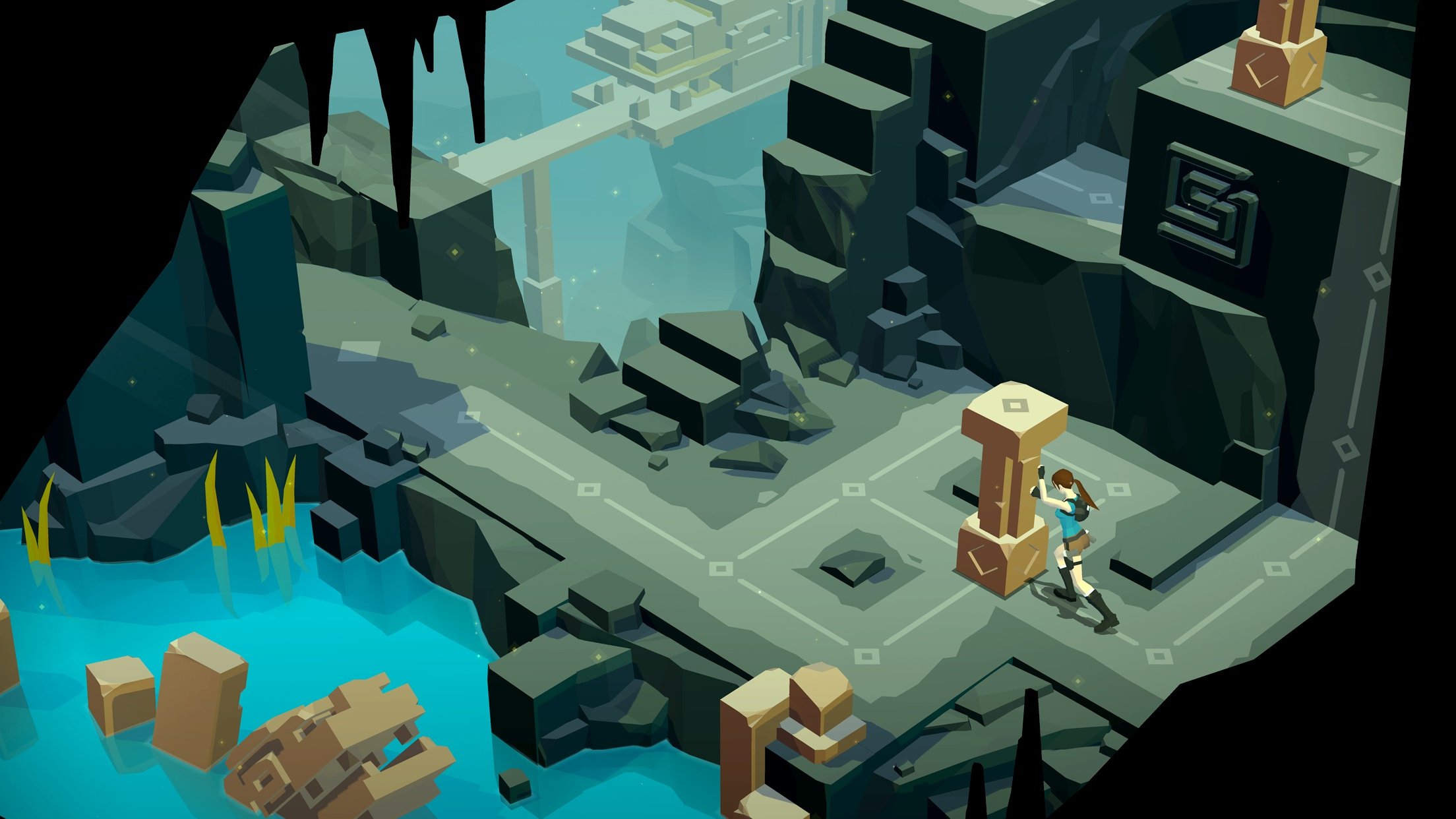
‘Lara Croft GO’, developed and published by Square Enix, is a puzzle game where you take turns making moves, and each move causes traps and enemies to react. The levels are short, usually taking just a few minutes to finish, and you can quickly restart if you fail. The game is broken down into small, self-contained tombs that you can complete individually. For players looking for a greater challenge, there are optional collectibles and time trials available outside of the main gameplay path.
‘BoxBoy!’ (2015)
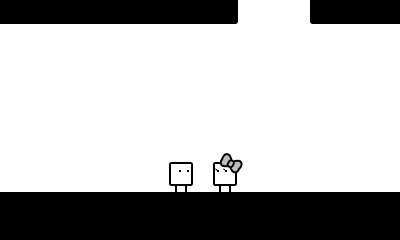
In ‘BoxBoy!’, created by HAL Laboratory and published by Nintendo, you play by creating a limited number of boxes to solve puzzles – like crossing gaps, activating switches, and avoiding obstacles. The levels are short and let you quickly try again, and you can earn stars without it stopping your progress. You unlock new areas gradually, and there are optional costumes and extras to find. Each level clearly shows how many boxes you can use and what shapes they can be, making it easy to experiment and find solutions.
‘Picross S’ (2017)
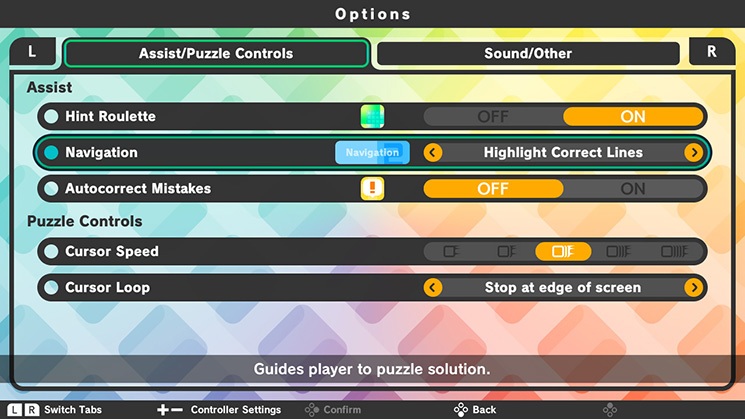
Picross S, created by Jupiter, features a large collection of logic puzzles called nonograms. You can easily pause and resume any puzzle, and helpful tools like mistake checking and hint systems are available if you need them. The game offers different modes – including Mega Picross and Color Picross – so you can choose between quick challenges and longer puzzles. It keeps track of your progress on each grid, making it perfect for playing in short bursts.
‘KAMI’ (2013)
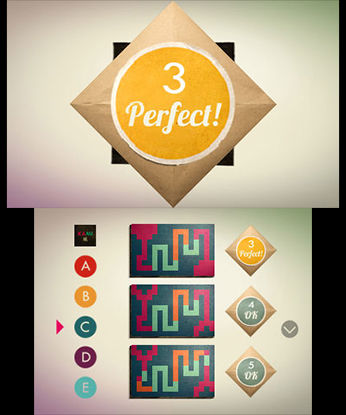
‘KAMI’, created by State of Play Games, challenges you with color-matching puzzles solved by folding paper. Each puzzle is quick to complete, taking just a few minutes, and you can easily restart to find the best solution. Optional challenges let you perfect your technique without hindering your progress. The game’s clear interface shows you how many colors and moves you have left, making it easy to keep trying until you succeed.
‘A Monster’s Expedition’ (2020)
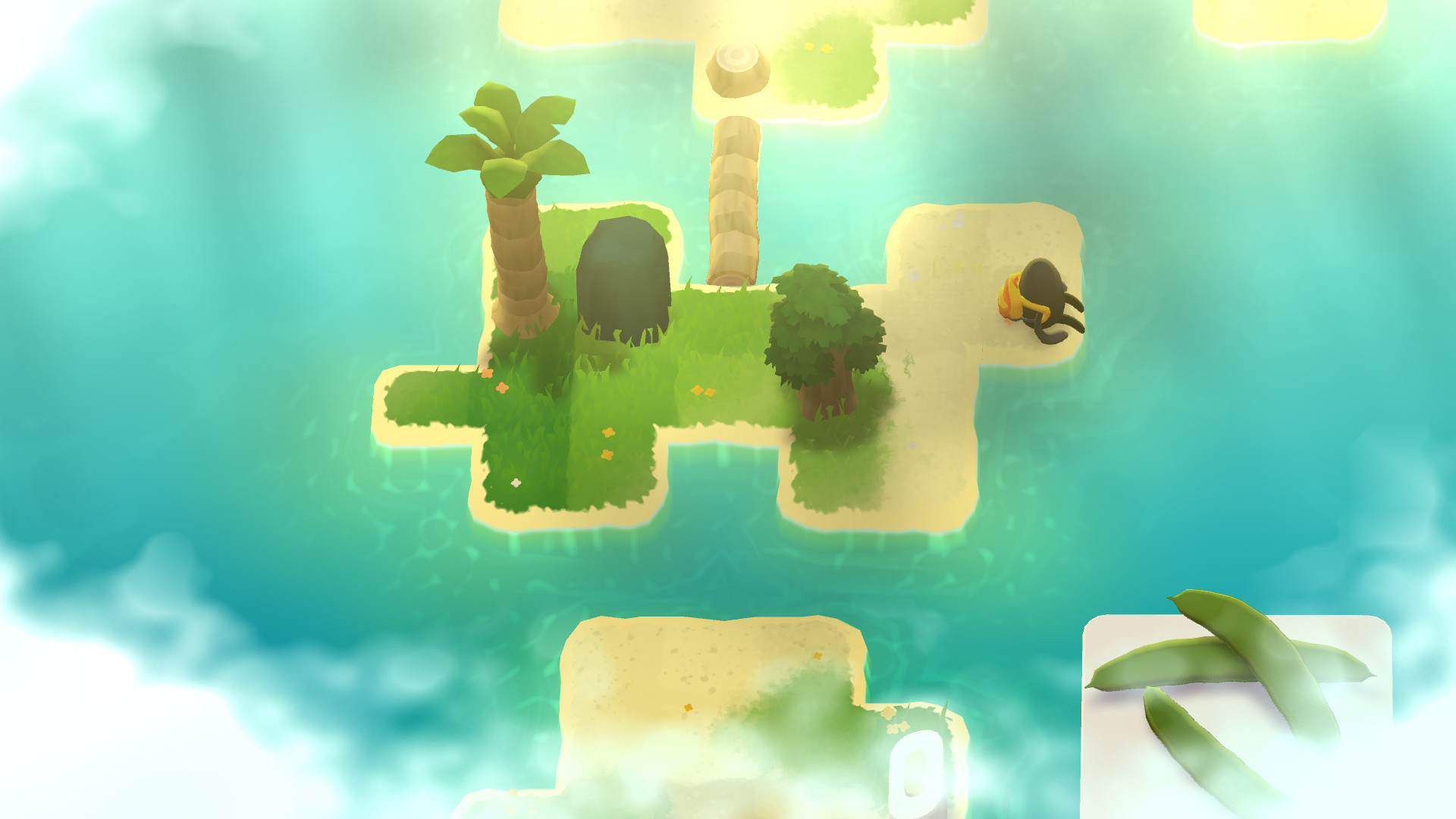
‘A Monster’s Expedition’, created by Draknek & Friends, is a puzzle game where you solve challenges by pushing logs around on single-screen islands in an open world. You can save your progress automatically when you reach each island, and there’s no penalty for undoing moves or resetting. The game’s map is designed with multiple routes, letting you skip difficult puzzles and come back to them later. If you need a nudge in the right direction, optional museum exhibits offer subtle hints without breaking your concentration.
‘Tetris Effect’ (2018)

Developed by Monstars, Resonair, and Stage Games and published by Enhance, ‘Tetris Effect’ is designed for both quick bursts and longer play sessions. Its Journey and Effect modes offer variety, and you can customize the difficulty and speed. The game tracks your scores for each mode and level in classic Marathon runs. A unique ‘Zone’ mechanic briefly stops the pieces from falling, giving you a moment to recover and strategize instead of just frantically playing. Plus, daily and limited-time playlists are perfectly sized for short gaming breaks.
‘Viewfinder’ (2023)
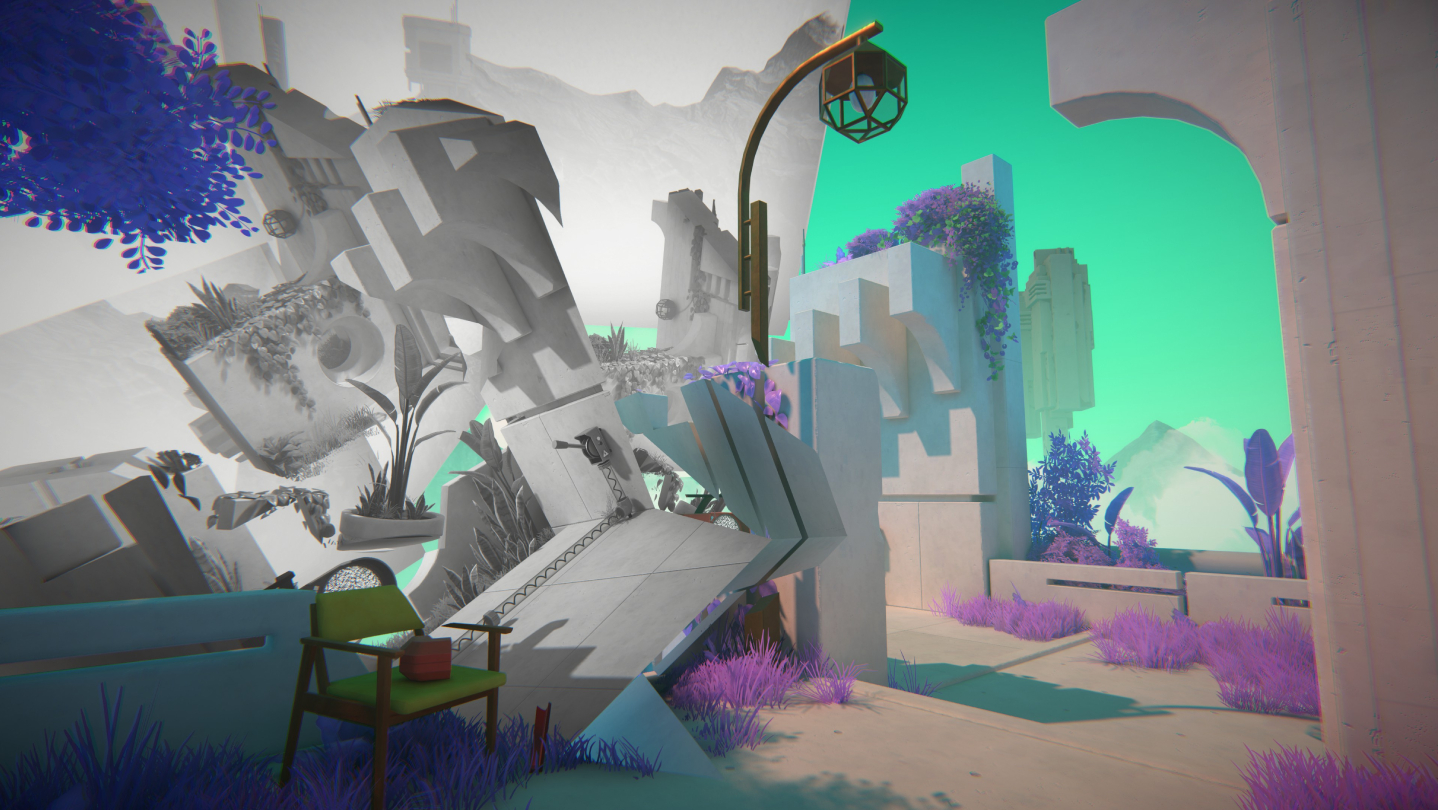
In ‘Viewfinder’, developed by Sad Owl Studios and published by Thunderful Publishing, you solve puzzles by placing photos that instantly turn into real objects. The game is designed with short, focused levels, frequent save points, and a simple camera system. New puzzle mechanics are introduced gradually, and optional items and story details don’t slow down the main gameplay, keeping things moving quickly.
‘Captain Toad: Treasure Tracker’ (2014)
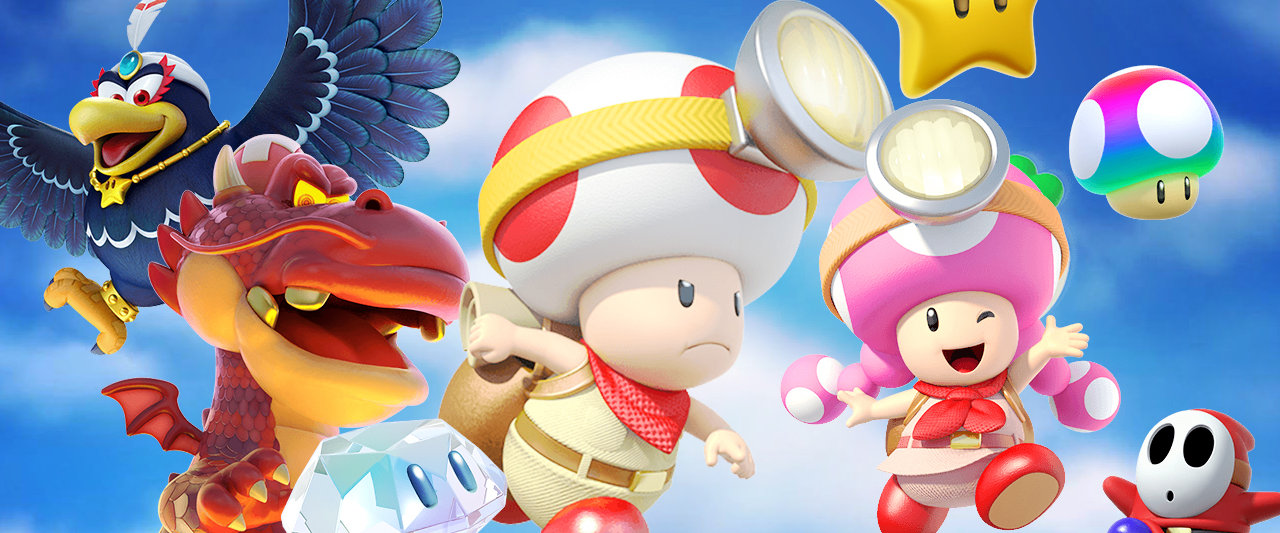
Okay, so I’ve been playing ‘Captain Toad: Treasure Tracker’, and it’s built around these really cool little diorama levels. Each one is like a mini-puzzle that doesn’t take too long to finish. The cool thing is, the game saves your progress on the main goal and any optional challenges separately, so I can always come back later to try for everything. They kept the controls pretty simple – not a lot of messing around with touch controls or camera angles – which means I can jump right back into trying a level without a ton of setup. Plus, the way the game is broken down into episodes and chapters makes it perfect for short bursts of gameplay. I can easily pick it up and play for a few minutes whenever I have time.
Tell us your go-to puzzles for when you’re short on time! Share your recommendations in the comments and help others find fun activities they can enjoy even on a busy day.
Read More
- 39th Developer Notes: 2.5th Anniversary Update
- Gold Rate Forecast
- You Should Not Let Your Kids Watch These Cartoons
- Here’s Whats Inside the Nearly $1 Million Golden Globes Gift Bag
- ‘Bugonia’ Tops Peacock’s Top 10 Most-Watched Movies List This Week Once Again
- The Hidden Treasure in AI Stocks: Alphabet
- TV Pilots Rejected by Networks
- USD RUB PREDICTION
- Mendon Capital’s Quiet Move on FB Financial
- Shocking Split! Electric Coin Company Leaves Zcash Over Governance Row! 😲
2025-11-15 08:47